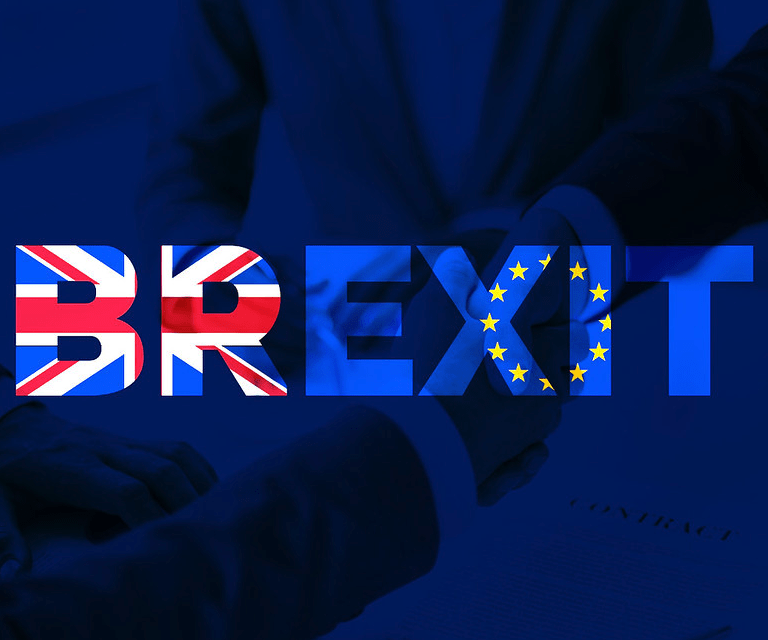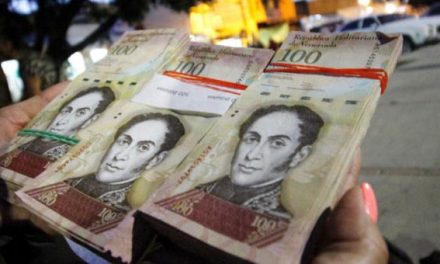Brexit has certainly challenged political prognosticators. Before the United Kingdom voted to leave the European Union on June 23rd, 2016, both political elites and public opinion polls had little doubt that the ballot measure would be soundly rejected. Since the United Kingdom voted fifty-two to forty-eight percent in favor of leaving the European Union (1), Brexit has continued to be an unpredictable phenomenon. After the historic vote, Parliament was mired in gridlock over the terms of exit from the European Union. This gridlock reached a climax when Conservative Party Leader and Prime Minister Boris Johnson called for an election in December of 2019. The result was a Conservative Party that increased its majority, giving it enough votes in Parliament to pass the Brexit Withdrawal legislation (2). The Withdrawal Agreement Bill went into effect on January 31st 2020. While this signaled an end to intense domestic political debate in the United Kingdom it ,in reality, only marked the beginning of intense international negotiations between the United Kingdom and the European Union. The terms of the Withdrawal Agreement Bill effectively leave the United Kingdom under the regime of the European Union until December 31st 2020. This transition period gives the United Kingdom a little under a year’s time to negotiate significant deals with the European Union. Given the combination of this short deadline and, the gap separating the United Kingdom and European Union, it seems unlikely that the United Kingdom will be able to secure an agreement before the deadline, resulting in an extension of the transition period. If the transition period is not extended this will result in harsh economic consequences for the newly independent United Kingdom.
The transition or implementation period is a time when Britain will remain under both the European Union’s customs union and the single market (3). The purpose of this transition period is to give both sides room to breathe and negotiate the future terms of their relationship. In this transition period, trade between the two sides will continue without any tariffs, quotas, or barriers. A tariff is a tax on imports and a quota is a limit on the amount of a product that can be exported without additional charges. The freedom of movement between all member nations of the European Union also still applies during the transition period, as do the rules and regulations around passports and drivers licenses. During this time the European Court of Justice will still have final say on any legal disputes, and the United Kingdom will still contribute to the European Union’s budget (4).
There are a myriad of issues that need to be negotiated during this transition period. The most serious of these issues is the negotiation of a new free trade agreement between the United Kingdom and the European Union. The issues that are to be considered in this trade agreement include tariffs, quotas, and barriers. The free trade agreement will also hash out the issue of how far away the United Kingdom can move away from regulations that the European Union nations are subject to, known as level playing field rules. The purpose of a free trade agreement is to encourage trade of goods and services by making them cheaper. This is done by reducing the tariffs, quotas, and barriers. The reason why a free trade agreement is the most crucial issue for the United Kingdom is because forty-nine percent of its trade is with the European Union (5). Another eleven percent of United Kingdom trade is between countries that have a trade agreement with the European Union (6). This means that sixty percent of the United Kingdom’s trade agreements have to be negotiated in less than a year. If agreements can not be made before the December 31st deadline, the United Kingdom will be subject to new tariffs, quotas, and barriers that will have a serious negative effect on the economy of the United Kingdom. While free trade is the important item on the negotiating agenda, the two sides will also have to hash out new agreements on issues such as law enforcement, data sharing and security, aviation standards, access to fishing waters, supplies of electricity and gas, and the licensing and regulation of medicines. With a massive amount of items on the negotiation docket the prospects for agreements to be finalized before the deadline are very bleak.
United Kingdom Prime Minister Boris Johnson has expressed his desire to enter into a “Canadian Style” free trade agreement with the European Union. The European Union’s agreement with Canada, the Comprehensive Economic and Trade Agreement, has been in effect provisionally since 2017 (7); it got rid of most tariffs between the European Union and Canada. However, tariffs still remain on poultry, meat, and eggs. The agreement also increased quotas but did not get rid of them altogether. However the best case scenario for the United Kingdom would be a zero tariff, zero quota agreement, which is unlikely. An issue of serious contention in these trade talks will be the extent to which the United Kingdom has to follow economic regulations that are set by the European Union. The United Kingdom wished to break free from many of these rules and regulations set by the European Union, while still having unfettered access to the markets of the European Union. The States in the European Union fear that the United Kingdom will have a competitive advantage if they are not subject to the same rules. Because of this, if the United Kingdom will not be subject to many regulations, then the European Union will want to enact significant tariffs and quotas on the United Kingdom.
Three days after the United Kingdom had left the European Union, Europe’s chief negotiator Michel Barnier insisted that if the United Kingdom wants access to the markets of the European Union without tariffs or quotas, they need to commit the preventing unfair competition. Barnier told reporters in Brussels that “for access to 450 million consumers, zero tariffs, zero quotas, that won’t happen with nothing and without conditions.” (8) In response, Prime Minister Boris Johnson said he would walk away from negotiations that tied the United Kingdom too closely to European Union regulations. This is typical of the early part of negotiations, when both sides take very strong stances. Sam Lowe, a senior research fellow at the Centre for European Reform in London argues that serious progress in negotiations will not occur until the Fall. He also adds that for a trade agreement to be decided this year “the U.K. will have to move a lot and the E.U. will have to move a little.” (9) This is because the United Kingdom will suffer worse economic consequences from a hard exit (no trade deal) than the European Union will.
The possible economic effects for the United Kingdom of a hard exit versus a soft exit (a trade deal) from the European Union have been examined since 2016, when the issue of Brexit first came to prominence. The United Kingdom’s exit from the European Union will result in lower trade and foreign investments. This will in turn cause average incomes in the United Kingdom to be lowered. Economic calculations done by Massachusetts Institute of Technologies John Van Reenen in the Brookings Papers on Economic Activity show welfare losses of 1.3 to 2.6 percent but dynamic models that incorporate productivity show that the welfare losses could be as high as 6.3 to 9.5 percent (10). Welfare losses are judged as average income per capita relative to what they would be if Britain remained in the European Union. Dynamic models account for changes in productivity caused by free trade as opposed to static models which use current assumptions. According to Van Reenen, under any possible circumstance Brexit will leave the United Kingdom poorer than it would have been if it had remained in the European Union. A “hard Brexit” in which no trade deal can be settled will have “much more damaging effects.” (11)
The United Kingdom has less than a year to negotiate a free trade agreement with the European Union. The current differences between the wishes of the United Kingdom and European Union are irreconcilable given the time frame. The United Kingdom seeks to be free from European Union regulations, but also wants to be able to trade with the EU without any tariffs, quotas, or barriers. The European Union, on the other hand, will not accept an agreement which makes its member states less competitive in the market place. The EU will only grant the United Kingdom a free trade agreement if the UK agrees to play by their rules. Given the detrimental externalities of a hard exit from the European Union, Britain hopes fervently that the transition period will be extended while an agreement is hashed out.
Works Cited
- Pamela Duncan “How the pollsters got it wrong on the EU referendum”, The Guardian, June 24, 2016
- No Author “UK general election 2019: Who won and what happens now?’, BBC News, BBC, December 13, 2019
- Tom Eddington “Brexit: What is the transition period?”, BBC News, BBC, January 31, 2020
- Ibid.
- Ibid.
- Ibid.
- No Author “What is a ‘Canada style’ trade deal?”, Reality Check, BBC News, BBC, February 3, 2020
- Stephen Castle, Martina Stevis-Gridneff, “Brexit Done? Not So Fast. Britain and E.U. Enter New Trade Deal Battle”, The New York Times, February 3, 2020
- Ibid.
- VAN REENEN, JOHN. “Brexit’s Long-Run Effects on the U.K. Economy.” Brookings Papers on Economic Activity, 2016, 367-83.
- Ibid.







